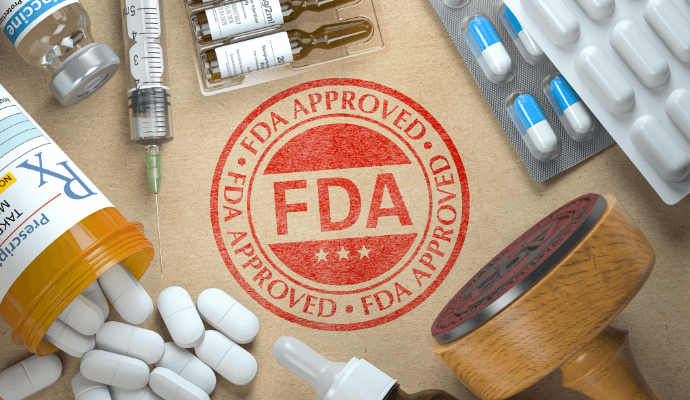In 2023, the U.S. Food and Drug Administration (FDA) witnessed a nearly 50% increase in approvals for novel drugs compared to 2022, a development that has reignited optimism among analysts and investors, potentially paving the way for increased investments in biotech companies.
The FDA granted approval for 55 innovative therapies, characterized by the presence of an active ingredient or molecule not previously sanctioned. This marks a significant rise from 37 approvals in 2022 and 51 in 2021. Historical data indicates that the FDA typically greenlights around 45-50 new drugs annually, reaching a peak of 59 in 2018.
Notable approvals in 2023 include Eli Lilly’s obesity drug Zepbound, Eisai and Biogen’s Alzheimer’s treatment Leqembi, and five gene therapies, including a sickle cell disease treatment from Vertex Pharmaceuticals and CRISPR Therapeutics, utilizing innovative gene editing technology.
John Stanford, Executive Director of Incubate, a Washington-based group of life sciences investors, expressed enthusiasm about the progress in gene editing technology and anticipates exciting developments beyond 2024. He noted, “Our scientists can do a lot more, and from that perspective, we are excited about what’s coming down the pipeline.”
While the FDA highlighted that the number of novel drug approvals can vary yearly due to factors such as the complexity of drugs in development and advances in scientific understanding, it did not specify the reason for the significant drop in approvals in 2022.
TD Cowen analyst Ritu Baral suggested that the COVID-19 pandemic likely played a role, causing disruptions and delays in drug reviews as the FDA shifted to a remote workforce during the pandemic.
Investment in biotech companies has seen a decline over the past two years, with only 18 initial public offerings (IPOs) in 2022 and 2023 each, compared to 108 in 2021. A basket of biotech-focused funds tracked by Piper Sandler experienced the largest capital outflow since 1992, reaching $15.8 billion in 2023.
Analysts from William Blair acknowledged that the market has been selective in providing capital in 2023, with companies developing GLP-1 weight-loss treatments having better access to the IPO market.
Despite the positive trend in FDA approvals, lingering investor concerns about high interest rates and government scrutiny of drugmakers could continue to impact a full funding recovery. Increased oversight of deals, the government’s drug price negotiation plans, and potential patent seizures by the Biden administration may also contribute to investor caution in the sector.




